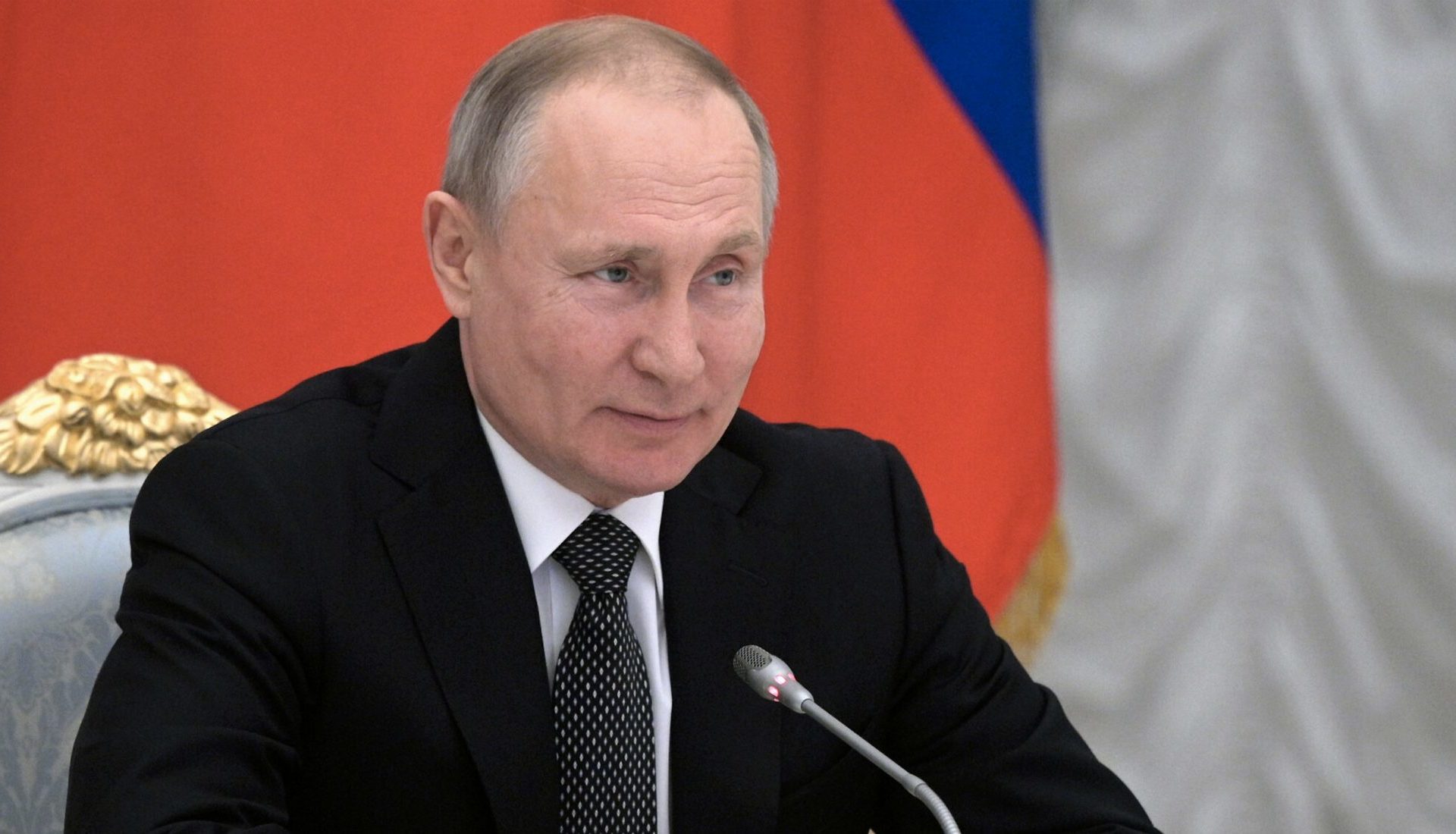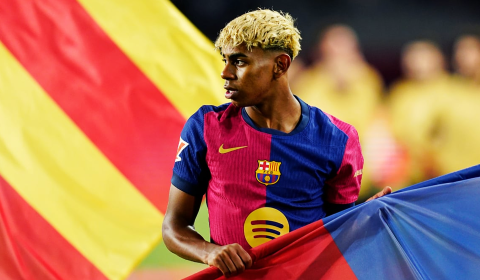The Kremlin has won a controversial vote to reset Vladimir Putin’s term limits, taking Russia one step closer to a complete dictatorship.
A nationwide vote this week in Russia has ratified constitutional reforms proposed by President Vladimir Putin’s Kremlin pseudo-government. A package of constitutional amendments was passed that includes, among other things, a clause permitting Putin to run again for the presidency in 2024, potentially taking his Presidency up to the year 2036.
With a 68% turnout of the population, 78% of participants were in favour.
After a week-long theatrical performance directed by the Kremlin, where voters experienced an unceasing propaganda campaign, citizens overwhelmingly approved a long list of changes to the 1993 Russian constitution. Though Russians had been sold the illusion that the reforms shore up the modernisation of their vast nation, in reality the vote was a power-play by Putin that shoehorned in a number of regressive and bizarre stipulations to the constitution, such as the confirmation that marriage is a purely heterosexual union.

The fact that this proposition was ever put to the people of Russia denotes that we are now nearing the end of Vladimir Putin’s transformation into the nation’s absolute dictator. It’s a slippery slope that the North Atlantic block and North America has (mostly) begrudgingly ridden with the Kremlin almost every step of the way, even as Putin has stripped Russia’s faux democracy garb increasingly blatantly. The confirmation of a vote in favour confirms that the Russian propaganda machine is as slick as ever.
Putin’s spokesman, Dmitry Peskov, called the vote ‘a triumphal referendum on confidence in President Putin.’ He continued, ‘It was very difficult to predict the extremely high turnout and the extremely high support we have seen today.’
Actually, the high turnout and overwhelmingly favourable result was completely predictable. Polling data from both Kremlin-friendly and independent polling agencies suggested a comfortable win for the ‘yes’ vote, to the point where bookshops in Moscow had started selling a version of the constitution with Putin’s reforms already added.




















